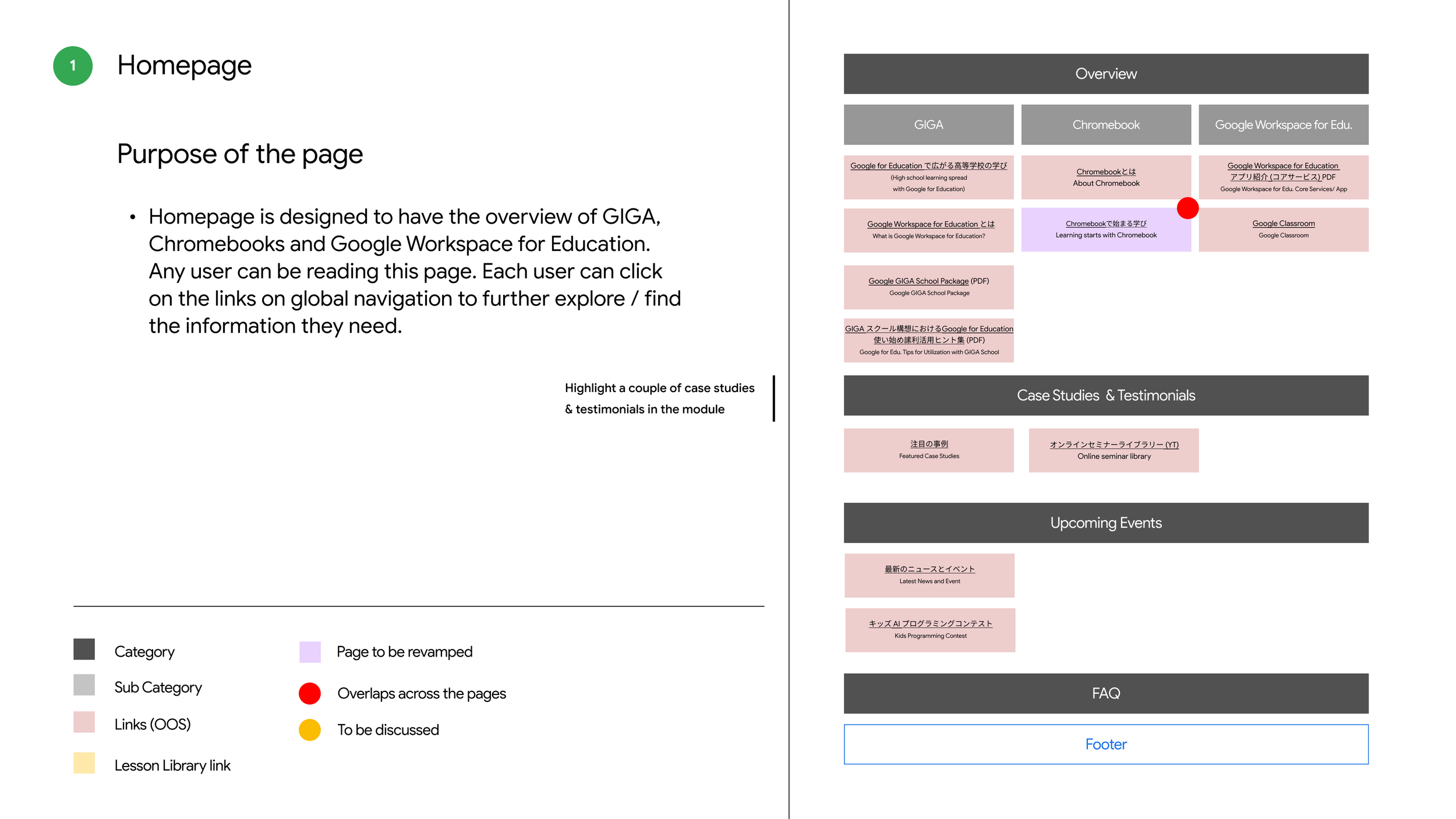Cardpointe by Clover
CardPointe is a Clover reporting tool used by SMB’s to process transactions, see performance metrics and store customers, however the platform was broken and outdated on desktop, and no mobile solution existed.
We designed a guided, personalized experience that fosters intuitiveness and operational efficiency giving merchants the ability to transact with with their customers and measure performance no matter where they are.
Transact, measure performance and analyze data
We built over 450 components across 100 pages to allow merchants and business owners to navigate complex data and transact from their pocket.
A personalized dashboard that allows users to measure business performance
Giving merchants and partners a dashboard to conduct their business from, enabled them to quickly access everyday functions whilst also keeping an eye on their business performance.
A Payment Terminal at your fingertips
Even with many form fields, the design needed to feel quick and seamless. Enabling payments from the dashboard meant merchants were able to take payments within one click.
Reporting tools that let you sort, customize and filter data
Complex tables of information needed to not just be accessible but also ‘delightful’ on the mobile app.
A powerful global search that filters heavy data sets
Given the different data sets that needed to be found, users needed multiple search methods whether via categories, tags or filters, giving users numerous ways to search for their item.
Wondering how we got there? Research Coming soon!
Empower teachers use Google tools
Organize and present resources and programs in a way that encourages and empowers them
Create opportunities a engage with high schools
Provide information relevant to high school education and anticipate their needs ahead of time
Provide information in a friendly, relatable way
Entice and excite schools about implementing the Google program, creating transparency about the lasting impact.
Nurture digital dexterity of teachers and students
Empower users and teachers to use the tools to hone their digital skills and develop their lectures online
Discovery saw us conducting research, speaking with stakeholders, developing user flows and undertaking a best-in-class audit of competitors
Research into the current market revealed digital literacy was a major concern
93% of high schools in Japan saw more need in implementing Information and Communication Technology (ICT) this past year
80% of educators are concerned about their digital literacy
65% of educators are concerned about engaging and motivating students to hold lectures online
Developing a stakeholder discussion guide helped us to understand users and uncover business sentiment
Understand brand purpose, vision and distinct opportunities for the future within Google Education
Uncover the current business state and sentiments in relation to both websites
Better understand local users and their needs helping us to identify the current pain points, needs and key insights
User flows showed the existing site was difficult to navigate
We looked into the users of GIGA, how often they came to the site and the ways in which they accessed key information to begin to map out popular content and the paths users took to get there. Our observations concluded that the existing site was difficult to navigate, included a lot of unnecessary subpages and unexpected PDF downloads.
A best -in-class Experience Audit identified value propositions from top industry players.
A clear hierarchy and dynamic information are key
Creating a tailored, step by step experience that excites users is important to encourage repeat usage
Tone of voice is imperative for facilitating a progressive journey
The Definition phase allowed us to lay the foundation of Google Education and using all the insights and data we collected we were able to form a North Star that served all users
Mapping User Journeys allowed us to identified the pathways that empowered users to access information
Experience Principles became our North Star and spoke to our initial intention and value proposition
A complex architecture underwent a huge transformation
It was evident from initial Discovery that a new information architecture needed to be considered. The huge challenge here was that our scope was only to redesign primary pages, however, Google for Education also needed all subpages and existing content to remain on the site.
We began to map content across the site, identifying duplicate content, content to be discussed and categorization that centered the identified users and their journeys, comprehensively developing the new site architecture.
Wireframing the platform allowed us to build components in line with any development constraints, while also strategizing interactions.
The result of our teams work, was a brand new platform that empowered its users to understand and explore how Google for Education enhances learning and digital literacy.
See the platform live at giga.withgoogle.com
➺ Next up Google Esports, MetLife















